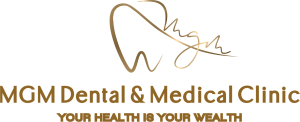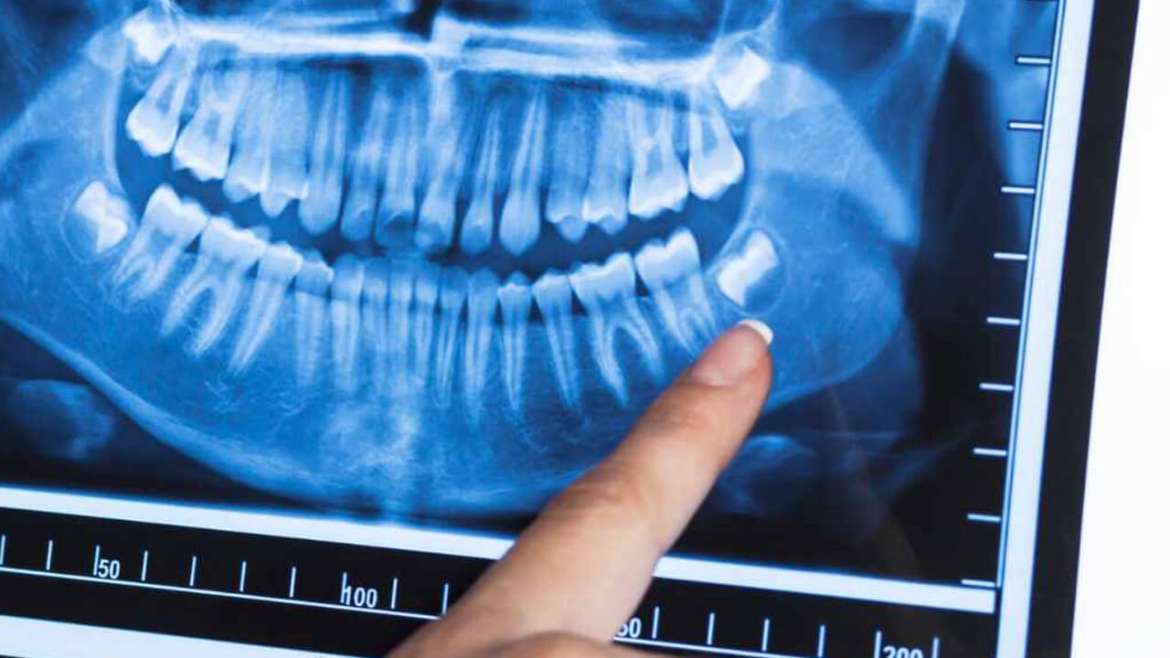Wisdom Teeth Removal
Wisdom teeth removal is one of the most common dental procedures performed to prevent or treat complications caused by the third set of molars, also known as wisdom teeth. These teeth typically emerge in late adolescence or early adulthood and can cause a variety of oral health issues if they don’t have enough space to fully erupt or align properly. At our clinic, we provide safe, efficient, and comfortable wisdom teeth removal to prevent potential problems and improve your overall oral health.
What Are Wisdom Teeth?
Wisdom teeth are the last set of molars located at the very back of the mouth. Most people have four wisdom teeth—one in each corner of the mouth—but some people may have fewer or more. These teeth typically begin to emerge in your late teens or early twenties. While wisdom teeth were once essential for chewing tough plant matter, they are no longer necessary in modern diets and often lead to dental problems due to lack of space in the jaw.
Why Are Wisdom Teeth Removed?
Wisdom teeth removal is often necessary when the teeth become impacted or cause problems. Some of the common reasons why wisdom teeth need to be removed include:
-
Impaction: When wisdom teeth are unable to fully emerge through the gum line, they become impacted. This can cause pain, swelling, and infection.
-
Infection or Gum Disease: Partially erupted wisdom teeth can create pockets where bacteria can accumulate, leading to infection and gum disease.
-
Crowding or Misalignment: When there isn’t enough space in the jaw for wisdom teeth, they can push against surrounding teeth, causing crowding or misalignment of other teeth.
-
Cysts or Tumors: Impacted wisdom teeth can sometimes lead to the development of cysts or tumors that damage the surrounding bone and teeth.
-
Tooth Decay: Wisdom teeth are located at the back of the mouth, making them harder to clean properly. This can lead to tooth decay and cavities, especially if the teeth are partially erupted.
What to Expect During Wisdom Teeth Removal
The process of wisdom teeth removal is generally safe, straightforward, and performed under anesthesia to ensure you’re comfortable throughout the procedure. Here’s what you can expect:
-
Pre-Surgery Consultation: Before the surgery, we will perform a thorough examination and take X-rays of your mouth to assess the positioning of your wisdom teeth and determine if extraction is necessary.
-
Anesthesia Options: Depending on the complexity of the extraction, we will discuss the best anesthesia option for you. This may include local anesthesia (to numb the area), oral sedation (to help you relax), or general anesthesia (to put you to sleep during the procedure).
-
The Procedure: During the procedure, the surgeon will make small incisions in the gum tissue to access the wisdom teeth. The teeth may be removed in whole or broken into smaller pieces to ease the extraction. In some cases, stitches may be used to close the incision site.
-
Recovery: After the procedure, you will be monitored in a recovery area for a short period. You may experience some swelling, bruising, and discomfort, which can be managed with prescribed pain medication and ice packs.
Benefits of Wisdom Teeth Removal
-
Prevents Infection: Removing impacted or partially erupted wisdom teeth can prevent infections, gum disease, and potential abscesses.
-
Reduces Pain and Discomfort: If your wisdom teeth are causing pain, removal provides immediate relief and prevents ongoing discomfort.
-
Prevents Crowding: By removing wisdom teeth that may push against neighboring teeth, you can prevent crowding and maintain proper alignment, especially if you’ve had braces or other orthodontic treatments.
-
Protects Your Oral Health: Removing problematic wisdom teeth can help preserve the health of your other teeth and gums by reducing the risk of decay, infection, and damage.
What to Expect After Wisdom Teeth Removal
Following wisdom teeth removal, you will need to take care of the surgical site to ensure proper healing. Here’s what you can expect during the recovery process:
-
Swelling and Bruising: Swelling around the extraction site is normal and usually peaks within 48 hours. Ice packs can help reduce swelling and bruising.
-
Discomfort: Mild discomfort and tenderness are common after wisdom teeth removal. Your dentist will prescribe pain medications to manage the pain during the healing process.
-
Diet: For the first few days, you’ll need to stick to soft foods and avoid chewing on the side of the extraction site. It’s important to stay hydrated and avoid using a straw, as the suction can dislodge the blood clot and hinder healing.
-
Follow-up Care: After your wisdom teeth removal, we will schedule follow-up appointments to monitor your healing and ensure there are no complications.
Why Choose Us for Wisdom Teeth Removal?
-
Experienced Surgeons: Our team of oral surgeons has extensive experience performing wisdom teeth removals safely and efficiently.
-
Comfort and Care: We prioritize your comfort and offer various sedation options to ensure that you are relaxed throughout the procedure.
-
Comprehensive Aftercare: We provide detailed aftercare instructions to guide you through a smooth recovery process, ensuring minimal complications and optimal healing.
-
State-of-the-Art Technology: We utilize the latest technology, such as 3D imaging and digital X-rays, to plan and perform your wisdom teeth removal with precision and accuracy.
Frequently Asked Questions
Recovery time varies depending on the complexity of the extraction. For most people, the initial recovery period lasts about 3 to 4 days, with swelling and discomfort subsiding within a week. Full recovery, including the healing of the gum tissue and bone, may take several weeks. We’ll provide specific aftercare instructions to help you recover as quickly and comfortably as possible.
During the procedure, you will be under local or general anesthesia, so you will not feel pain. After the surgery, you may experience some discomfort, swelling, and bruising, which is normal. Pain can typically be managed with prescribed medication and ice packs. The pain and swelling usually improve within a few days to a week.
We Can Help You
Have questions or ready to schedule your appointment? Our team is here to help! Reach out to us today – we’re excited to assist you in achieving your best smile.


